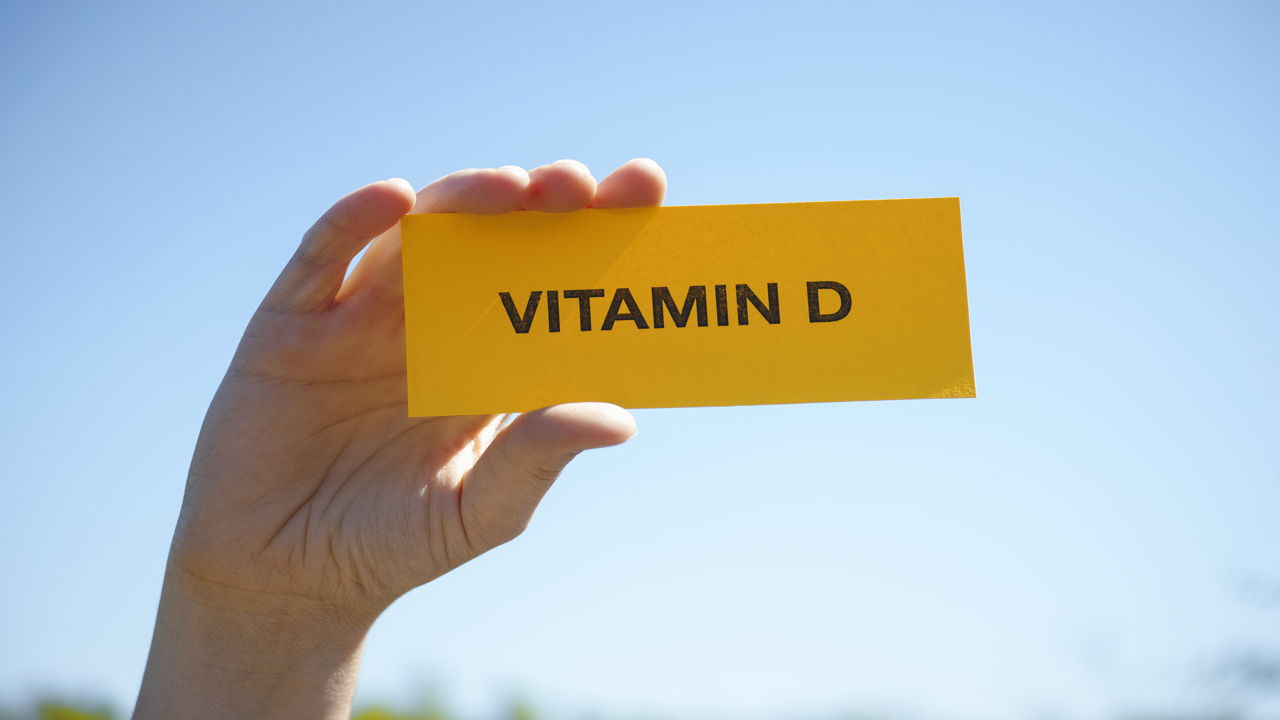
Vitamin D is also known as the sunshine vitamin, as it can be synthesized by living organisms with the help of sunlight. Explained below are a few causes and symptoms occurring due to the deficiency of this vital vitamin.
Vitamin D is a fat soluble vitamin that is mainly found in two forms, vitamin D2 or ergocalciferol, and vitamin D3 or cholecalciferol. It is primarily responsible for maintaining the levels of calcium and potassium in the body by facilitating their absorption. Therefore, Vitamin D is crucial for bone growth and repair. It also strengthens the immune system.
Vitamin D is mainly produced in the skin with the help of ultraviolet radiation of sunlight. So, the synthesis of vitamin D in the skin is determined by a number of factors including the weather, geography, smog, and cloud cover; all of which can affect the exposure to sunlight. The liver is the main storage organ for vitamin D.
What Causes Vitamin D Deficiency
Inadequate Sun Exposure
One of the most common causes of vitamin D deficiency is inadequate exposure to sunlight, as sunlight is crucial for the synthesis of vitamin D in the skin. Therefore, factors like spending most of the time indoor and keeping the whole body covered with thick garments can be associated with vitamin D deficiency.
Presence of excess melanin in the skin can impair its ability to make vitamin D. This is the reason why dark-skinned people are more likely to experience a deficiency of this vitamin, especially when they move to an area with less intense UVB rays.
Insufficient Dietary Intake of Vitamin D
The most important dietary sources of vitamin D are animal-based foods, such as fish and fish oil, egg yolk, fortified milk and dairy products, and beef liver. These foods are usually not included in a vegetarian diet, and so, people following such a diet can experience a deficiency of this vitamin.
Conditions that Affect the Absorption of Vitamin D
Sometimes, you may experience vitamin D deficiency due to certain conditions that affect the absorption of this vitamin. Diseases like Crohn’s disease and colitis can damage the lining of the digestive tract and impair the absorption of many crucial vitamins and minerals, including vitamin D.
Liver and Kidney Disease
Liver and kidney diseases can also be associated with vitamin D deficiency. Kidney and liver diseases can impair the conversion of vitamin D into its active form, which can result in a deficiency of this vitamin.
Other Causes
Sometimes, vitamin D deficiency can also be caused by certain medications. Such medications include steroids, ulcer medications, drugs to control the level of blood cholesterol, and some sleeping pills. An excessive consumption of alcohol can also cause vitamin D deficiency. Another less common cause of vitamin D deficiency is a hereditary disorder known as familial hypophosphatemia that can adversely affect the metabolism of vitamin D in the kidneys.
Symptoms
Vitamin D deficiency may not produce any symptom at times. However, some individuals can experience a few symptoms mentioned below.
- Asthma (in children)
- Muscle weakness
- Bone pain
- Muscle cramps
- Chronic pain
- Poor concentration
- Constipation or diarrhea
- Rickets (in children)
- Headache or migraine
- Brittle nails
Apart from the symptoms mentioned above, vitamin D deficiency may be associated with a number of diseases, such as diabetes, psoriasis, cardiovascular disease, schizophrenia, multiple sclerosis, periodontal disease, chronic fatigue, and certain types of cancer.
Treatment
A deficiency of vitamin D can be prevented with sufficient exposure to sunlight. However, an excessive exposure to ultraviolet radiation of sunlight can cause sunburn and skin aging, and increase the risk of skin cancer. Therefore, many people do not want to spend much time in the sun. So, they can consider to include vitamin D rich foods in their diet in order to prevent a deficiency of this crucial vitamin. Some of the most important dietary sources of vitamin D are
- Fish liver oil
- Salmon
- Mackerel
- Tuna
- Sardines
- Fortified milk and dairy products
- Beef liver
- Fortified Cereals
- Mushrooms
Apart from these, you can also take vitamin D supplements.
However, it is always advisable to consult a physician before taking any vitamin D supplement. An excess of vitamin D can result in vitamin D toxicity, which can produce symptoms like loss of appetite, nausea, and vomiting. So, vitamin and mineral supplements should always be taken under the supervision of an experienced physician to avoid any undesirable side effect.


